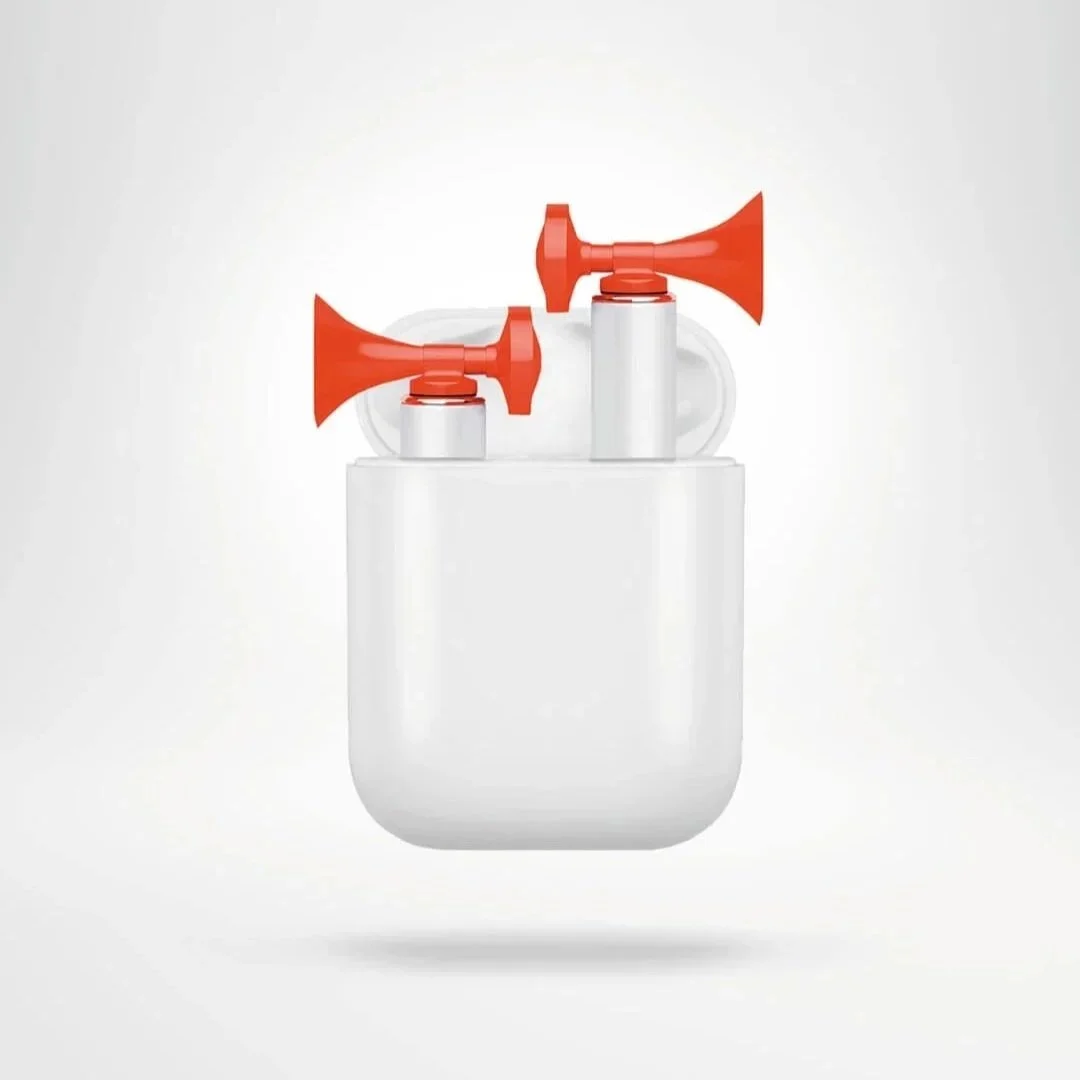By Carolyn Kingry
Choosing cochlear implants comes with costs and tradeoffs to hear or not. Choosing total deafness is a huge change in lifestyle with ramifications.
I’ve been married for 55 years. While my husband could hear when we got married in 1970, he was well on his way to becoming deaf. He had been damaging his hearing for years. As a teenager, he was a successful hunter. He worked in a lumber mill to earn money for college. After college he became a Marine officer and served as a rifle platoon leader in Vietnam.
There was no such thing as ear protection back then. Unfortunately he sustained life threatening injuries in combat situations. He was transported to Japan for recovery where he convinced a nurse to purchase a “quality” transistor radio for him—he thought it sounded tinny and could not understand song lyrics.
Later he spent years as a high school shop teacher working with loud equipment, and there was plenty of noise experiencing life: motorcycles, boat motors, snow machines, small aircraft, lawn mowers, weed whackers, and chainsaws. He’s a manly man.
He got his first pair of hearing aids in 1996. Over the years he tried various brands, but eventually none of them worked well. His hearing progressively got worse. We had our typical misunderstandings and frustrations as a couple and he experienced feelings of isolation in social situations.
Cochlear implants were never on our radar, and the topic arose what felt like out of the blue while talking to his audiologist who said hearing aids could no longer improve his ability to better understand speech.
Divinely, a friend put us in contact with someone in Seattle who had not one but two cochlear implants. They began communicating via email while my husband researched and considered an implant as the next step.
We live in Alaska, and at the time the Department of Veterans Affairs (VA) didn’t offer surgery for cochlear implants, so in 2018 we began commuting to the Seattle VA several times a year for appointments with an otolaryngologist.
Eventually my husband received two cochlear implants, one in 2019 and a second in 2021. They have been life changing. The tradeoff is that he has no residual hearing after the surgeries (although some do), so he is totally deaf without wearing his processors.
Thankfully my husband wears his processors all of his waking hours except when in the shower. We still have misunderstandings and frustrations occasionally when I speak too fast, speak from behind him, or heaven forbid, talk to him from another room, but all in all they have worked so well that I forget he has a hearing loss—until we’re in bed.
My biggest frustration is not being able to share thoughts and feelings about the day while under the covers. And do we or do we not initiate sex? How much caressing can we experience without one of us turning away without hurting the other when sleep appears to be a priority? How can we explore and experience new and interesting positions and techniques without auditory feedback?
He can’t hear sweet nothings whispered under the covers, that final, “I love you, goodnight.” And it goes unsaid that I’d be the first responder for any home emergency at night.
These were things we didn’t think about prior to surgery, and I doubt that these thoughts will influence anyone considering surgery, but we haven’t seen this topic addressed candidly so I wanted to share them.
A final word to the wise: When traveling, keep batteries, etc., on your person as you never know when your flight will be delayed or luggage misplaced.
Carolyn Kingry lives in Alaska.







It bears repeating: What improves access for a group with a specific disability invariably also helps the greater population.